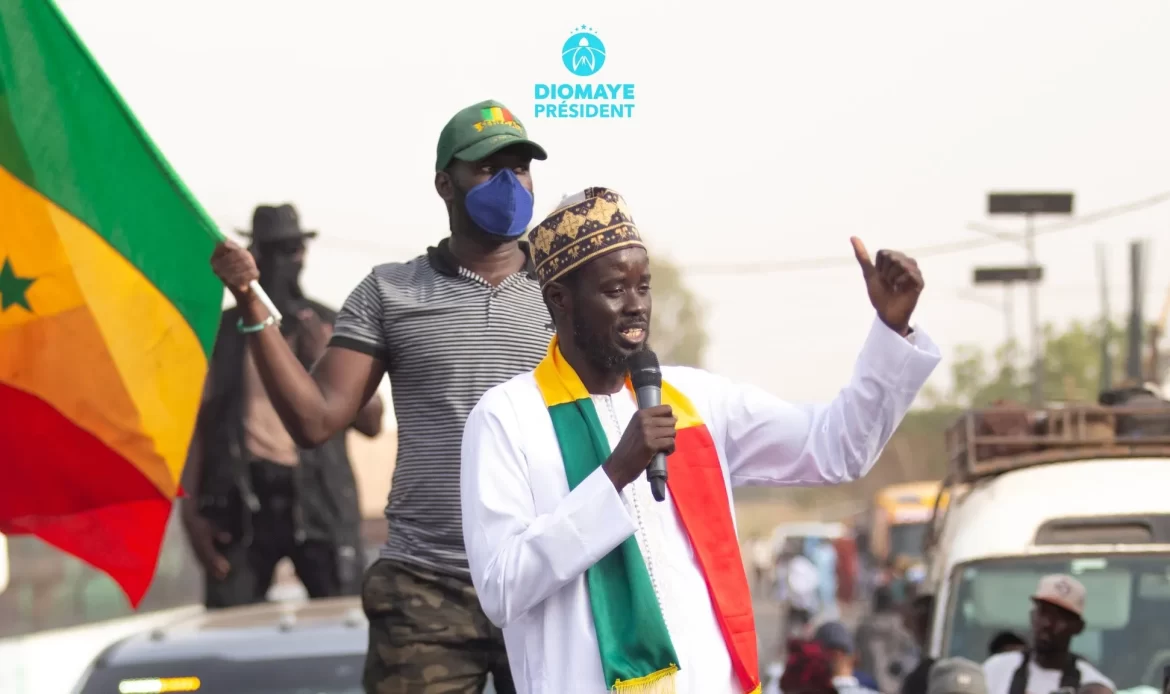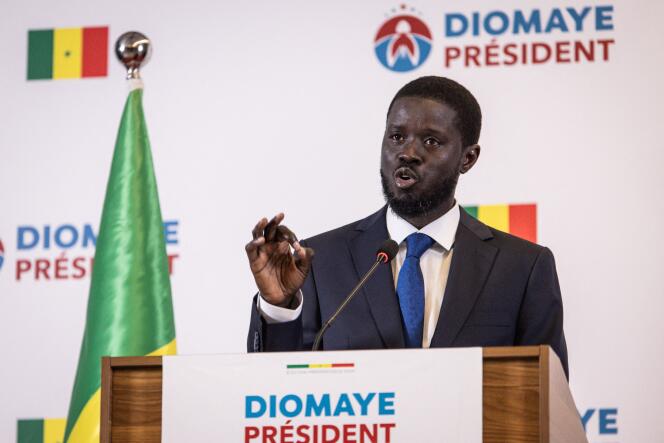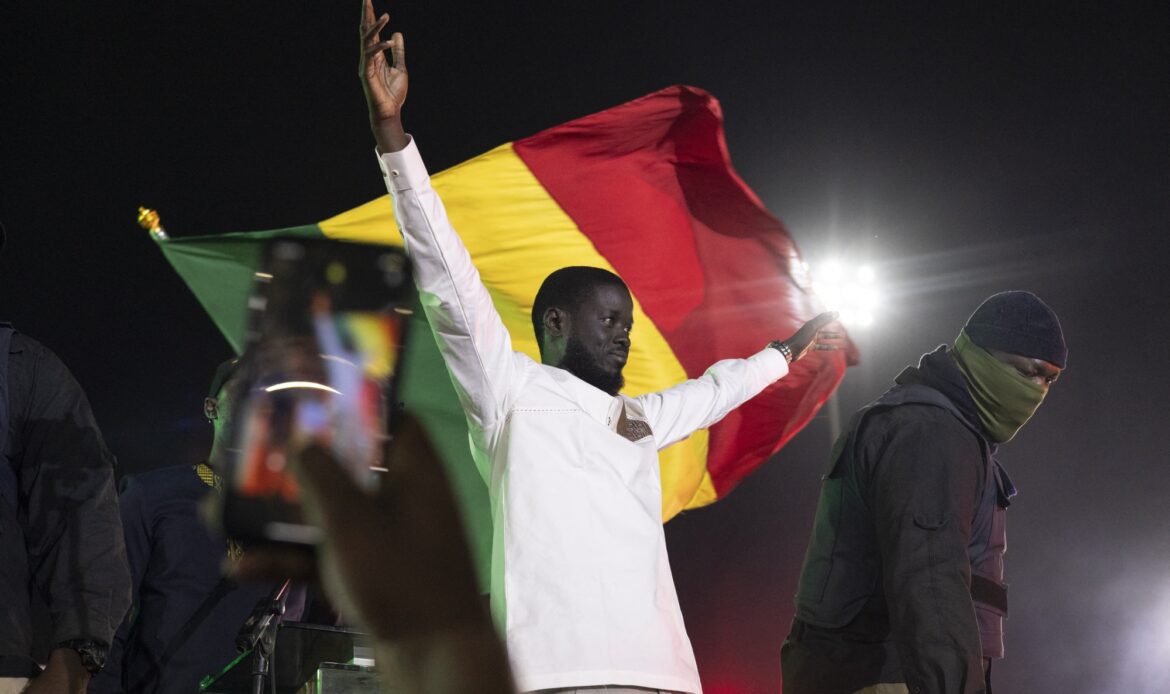
In a remarkable turn of events, Bassirou Diomaye Faye, who began this month locked up at Dakar’s Cap Manuel prison, is on the verge of making history by becoming Senegal’s next president. Faye’s journey from prison to the presidency symbolizes a narrative of resilience, redemption, and the power of democracy to elevate individuals from adversity to leadership.
Opposition Faye, aged 44, will ascend to the title of president-elect — becoming the country’s fifth and youngest president — after his main rival, Amadou Ba, conceded defeat following Sunday’s first-round vote in the recent presidential elections.
Read: Viola Graham-Douglas Joins Lafarge as Communications and Sustainability Director
Faye was charged with defamation and other offences last year over a Facebook post critical of the government. He had been expected to stay in jail far longer. Thanks to an amnesty law introduced after a rapprochement between Senegal’s ruling party and Faye’s opposition coalition, he and his political mentor, Ousmane Sonko, were freed on March 14 to a rapturous welcome from supporters on the capital’s streets.

After the constitutional council confirmed Sonko’s exclusion from the race in January, his camp released a pre-recorded 44-minute video of him endorsing his “little brother” Faye and urging Senegalese people to vote for him instead. With the support of his mentor, his win was powered in part by the discontent of younger voters, among whom the unemployment rate is nearly 20 percent.
Unlike Sonko, who is the mayor of the southern town of Ziguinchor, Faye has no executive leadership experience; the election that brought him to the country’s highest office was the first national poll he had contested. Two years ago, He lost his first-ever municipal contest election in his hometown.
Read: Arunma Oteh Is Pioneering Leadership in Finance and Development
Faye’s election followed protests after incumbent President Macky Sall attempted to delay the vote by ten months, a move opposition leaders called a “constitutional coup” to extend his term in office. Faye’s party, La Coalition Diomaye Président, is an alliance of opposition groups formed after the government dissolved Pastef. Following anger over Sall’s attempt to delay the vote, it has vowed to introduce the post of vice president and reduce the head of state’s powers.

Central to Faye’s agenda is restoring democratic institutions, curbing executive power, and combating corruption. He pledges to dismantle what he terms “hyper-presidentialism,” which he believes has eroded the foundations of democracy in Senegal. Faye also seeks to renegotiate international contracts, potentially introducing a new currency to reclaim Senegal’s sovereignty and economic independence.
Faye’s vision for Senegal extends beyond domestic reforms, encompassing diplomatic rebalancing and pan-African unity. He aims to reset Senegal’s relationship with its leading trading partner, France while strengthening ties with African nations and promoting regional integration within ECOWAS.
Despite the hurdles ahead, Faye’s election represents a triumph for Senegalese democracy and a beacon of hope for the nation’s future. As he prepares to take the oath of office on April 2, Faye embodies the spirit of resilience and determination, poised to lead Senegal into a new era of progress and prosperity.
